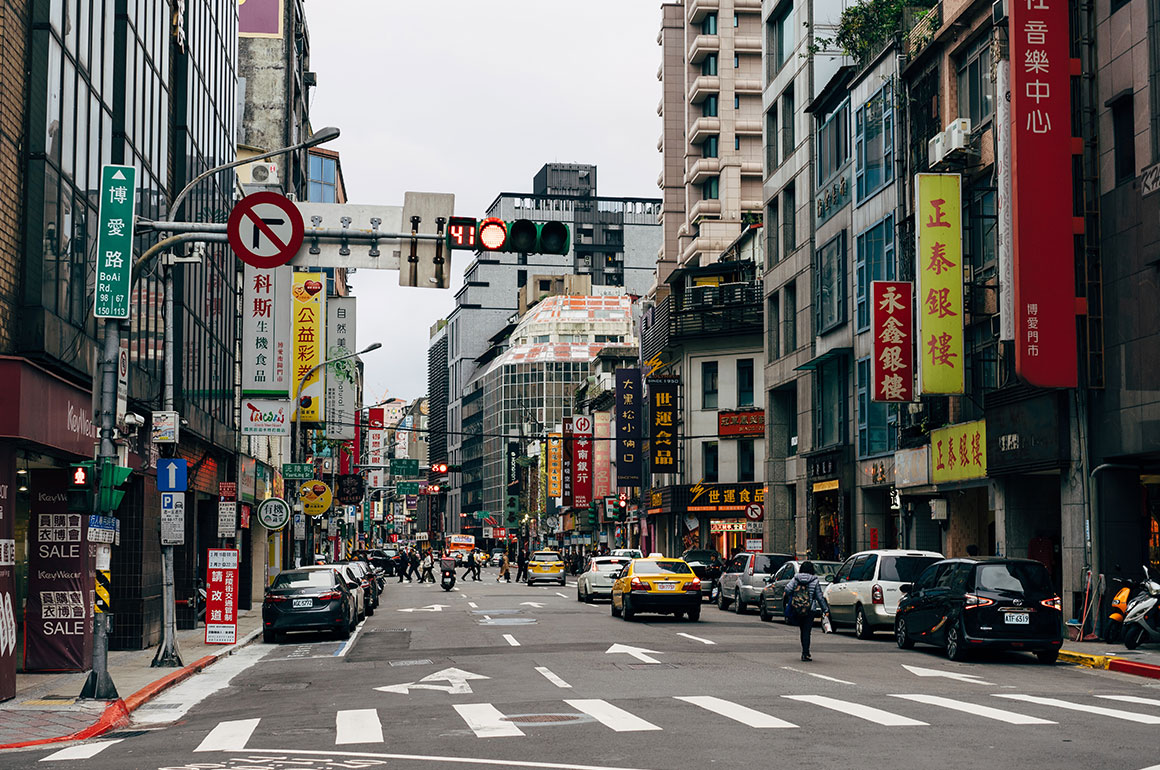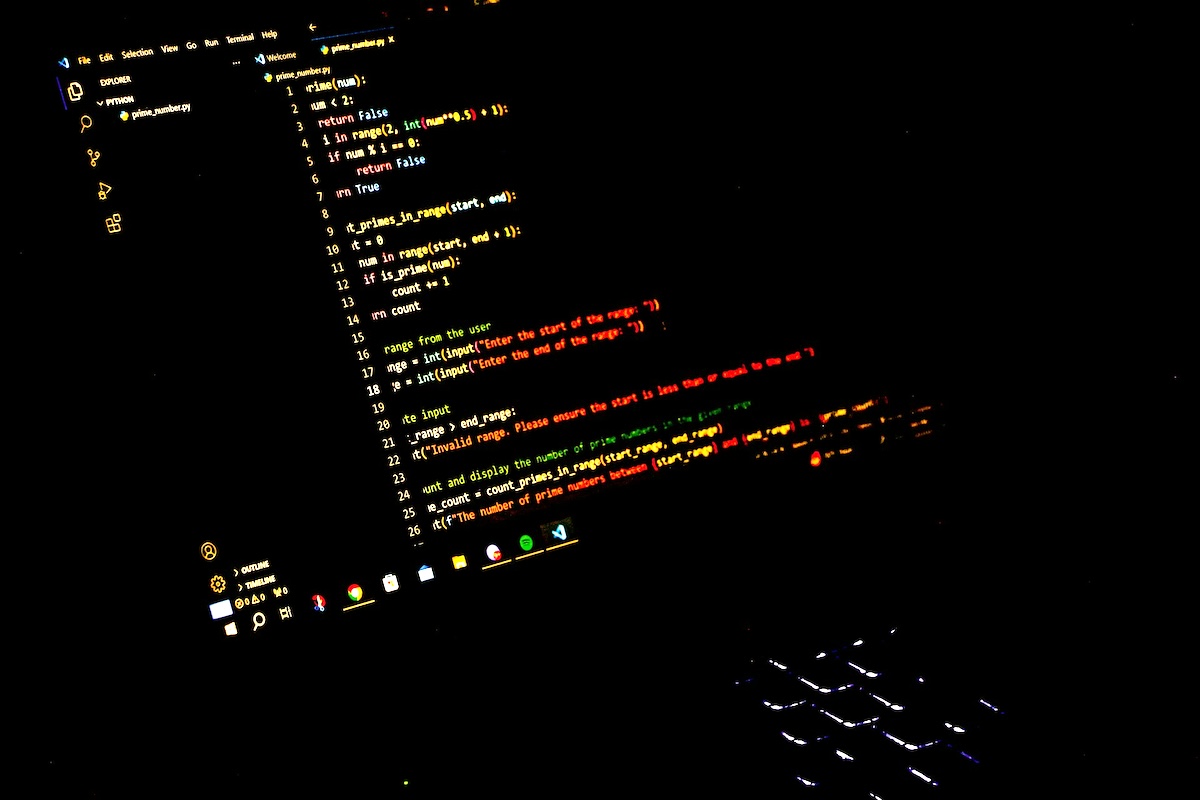Skift Take
Taiwan’s low case numbers mean that it has in some ways been an oasis of normalcy during the pandemic, but those low rates are in part thanks to travel restrictions that have limited intervention business visitors. How is the local event industry faring?
How has Taiwan experienced and adapted to the pandemic from an event industry perspective? In our third global snapshot, we discuss all relevant regulations currently in place and provide a brief overview of the state of the local event industry.
The Global Snapshot gives insights into how different countries around the world have experienced and adapted to the pandemic from an industry perspective by providing a brief overview of relevant regulations and the state of the local event industry.
Located at the western edge of the Pacific Ocean and in the center of the East-Asian island arc, Taiwan is a busy hub for transport and trade in the Asia-Pacific region. With its strong academic reputation in science and medicine, plus the critical role many Taiwanese companies play in the IT (Information Technology) supply chain, Taiwan is a rising MICE destination in the APEC region.
In the ICCA 2019 Statistics Report, Taiwan was ranked the fourth most popular convention destination in Asia and the 26th in the world. Taiwan is also ranked second as the most welcoming country globally by InterNations. The government-funded MICE promotional program, MEET TAIWAN, actively works to promote the destination in the global marketplace through its award-winning campaigns.
Currently, the Taiwan legislative authority is reviewing a dedicated policy focused on developing the convention and exhibition industry to further enhance the country’s attractiveness as a business destination.
In the context of the Covid pandemic, the island nation stands out for its remarkably low Covid numbers and continued economic growth. Nevertheless, the impact has been felt: Strict travel restrictions and government regulations have influenced the event industry and the tourism sector, with both a decline in foreign business visitors and an increase in the demand for domestic hospitality products and services. How have all these factors affected the experience of event professionals on the ground?
Current regulations and restrictions
The following information was provided on the 13 of January, 2022. For updated information, please refer to the Taiwanese government’s online resources.
Population: 23,883,024
Total Number of Cases: 17,624
Per 100 000 residents in the last seven days: 0.2
Deaths Daily Average: 0(850 in total)
Vaccination Rate : 70% Fully vaccinated, 80% first dose; 69% second dose.
Lockdown Level: Not in lockdown, but with a strict border entry policy
Mask Status: Mandatory
Thanks to strict control measures and rapid-response policy adjustments, Taiwan has been one of the most successful countries at containing Covid since the beginning of 2020. Despite a short peak of cases last May, life on the island is almost the same as in the pre-pandemic era.
There are a few key restrictions currently in place in Taiwan:
- 14 days of mandatory quarantine when entering the country. During the quarantine period, multiplex PCR and rapid-testing are conducted.
- Universal masking. A mask is required on public transportation and in indoor facilities, while the majority of the Taiwanese public even wear masks outdoors voluntarily.
- Contact tracing. Instead of using phone-based surveillance technology that is more invasive, Taiwan relies on business owners who encourage patrons to leave their contact information either by writing down or scanning a business-provided QR code. This measure is not 100% accurate, but it is able to protect civil liberties.
Taiwan faced setbacks in accessing Covid vaccines earlier last year, but at this point, over 70 percent of the population is double vaccinated and the government has started to roll out booster shots.
Like most countries in the world at the moment, Taiwan is also facing rising concerns around the Omicron variant, and restrictions are subject to change rapidly.
EVENTS
A mask mandate, contact tracing, extra cleaning and hygiene protocols are some of Taiwan’s basic requirements for hosting large-scale gatherings, including public events, festivals, or weddings for over 200 people. Currently, there is no limitation on event capacity.
Based on the public health order issued on September 19, 2021, event staff and contractors need to have either proof of vaccination or a negative PCR test to enter an event venue. Event attendees are currently not required to provide any such documentation.
Social distancing (2.25 square feet per person or 1.5 feet between people) needs to be considered in the design of the room layout. Additionally, food and beverage is not allowed to be offered in the meeting room, and a dedicated dining space needs to be arranged.
TRAVEL
Taiwan currently maintains a strict border control policy that only allows nationals and those with certificates of residency to enter the country. Special entry permit visas can only be applied for by overseas students, Indonesian migrant workers, the spouses and minor children of Taiwan nationals or residents, and persons admitted for special humanitarian or diplomatic reasons. Short-term business or leisure visas are prohibited at the moment.
In response to the rapid spread of the Omicron variant, the negative RT-PCR test reports that are required for inbound passengers must be issued within two days of the specimen collection date.
On the ground with Taiwanese event professionals
EFFECTS ON THE INDUSTRY
Although it’s almost business as usual in Taiwan, the event industry has faced more challenges than many other sectors. Events can happen, but extra hygiene and safety requirements increase operating expenses. Additionally, while the risk of Covid transmission remains low, many are reluctant to attend massive events.
Businesses that focus on international travelers have been particularly hard hit, and there is no sign of immediate recovery as Taiwan is likely to maintain its strict border control policy.
Venues are among the pandemic’s casualties. On New Year’s Eve, Sherwood Taipei, one of the country’s signature business hotels, announced its closure after a successful 32-year run. And this might only be the beginning as government aid programs are about to end. Eric Kuan-Wen Lin, former Secretary-General of the Taiwan Convention & Exhibition Association, pointed to the potential impact on the larger economy:
“When there are no events, demand for services around the event disappear too. We are talking about show services, restaurants, transportation, and even garbage cleaning. This is not just about the survival of one industry, but the stability of the whole society.”
Trade shows are a particularly notable example of the downturn in business. In the fall season, Global Sources traditionally organized three back-to-back trade shows for consumer electronics, equipment, and lifestyle products. Each event alone would typically showcase 2,000 to 3,000 booths and attract over 20,000 qualified buyers. In 2020, organizers canceled the entire series; and in 2021, they combined all three categories into one show. The 2021 event had only about 200 booths and roughly 5,000 visitors. “It is a tough two years for both buyers and sellers,” said Allison Yang, account manager at Global Sources.
ADAPTING TO CHALLENGES
Although faced with significant challenges, some of Taiwan’s biggest industry players have been helping to keep the industry afloat.
GIS Group is one of the leading PCOs (Professional Congress Organizers) and DMCs (Destination Management Companies) in Taiwan. Both services are considered the hardest-hit categories among all event sectors. Fortunately for Jason Yeh, CEO of GIS Group, his company has a diverse service portfolio that includes government projects, venue management, and interpretation services. With government subsidies, he is able to continue operating his business. His team also adapts quickly by offering virtual and hybrid event production. They were the local host organizer for the 2020 ICCA Congress in Kaohsiung, one of the first large-scale industry meetings to use a hybrid format. “We are still in survival mode. We were quite busy last year with all the virtual events requests, but the overall revenues from those projects are significantly less than a full service in-person conference,” Yeh said.
The country has also developed innovative solutions for some of the challenges that come with tight Covid controls. For example, Global Sources introduced a Booth Ambassador Service for their 2021 show to accommodate exhibitors affected by the country’s travel restrictions. The program involved recruiting and training ambassadors to be booth representatives for any companies that had difficulty sending staff to the show. This initiative has been surprisingly effective, and they are now considering expanding the service this year.
SILVER LININGS
Although travel restrictions have hampered global event organizers, they have had the surprising effect of benefiting others.
“It is probably harder to book a seat at popular restaurants right now,” Yeh mentioned, explaining that the domestic leisure market is actually quite hot. This discovery is pretty in line with what we see at other destinations: A good percentage of the consumers who used to budget for overseas travel are now staying locally.
“The politicians have noticed the impact of this industry on the economy, which means we will have a higher chance to see progress in the policy development” Kuan-Wen Lin is cautiously optimistic about the future. “We are still a long way to go, but some progress is better than no progress.”
FUTURE OUTLOOK
It is hard to predict if Taiwan will loosen its border control policy this year while we are in the middle of the Omnicorn spread. If they don’t, it will continue to be a horrible winter for those businesses that heavily rely on inbound clients. Even worse, they might run out of gas.
In other ways, however, Taiwan may be well-positioned for recovery. Because of the relative normalcy maintained throughout the pandemic and the country’s robust internet infrastructure, Taiwan has the potential to be a destination of choice for organizations looking to host hybrid events in 2022.
Even in terms of the potential for contributions to event content worldwide, 2022 might be the year we see Taiwan grow its voice in a variety of industry segments. From public health governance to supply chain restructure to LGBTQ rights, there are many topics that could benefit from the insights of Taiwan’s top thought leaders. Either by supporting experts in attending relevant meetings and conferences or by helping them to actively host their own, business event professionals and companies have many opportunities to tap into this knowledge and firsthand experience.
On the other hand, the skill gap in digitalization may be a concern for the long term. Because of the country’s relative success in maintaining “normal” life, the event industry in Taiwan didn’t experience the same rapid transition to virtual formats that planners in other regions faced. As painful as it was, many planners worldwide have become more comfortable with digital tools. According to Kuan-Wen Lin, the industry in Taiwan is a bit behind on the digital transformation that other regions witnessed, and this knowledge gap may be a disadvantage later even if Taiwan’s venues and infrastructure are highly technologically advanced.
CONCLUSION
During the pandemic, Taiwan has been like Noah’s Ark, helping me remember what a “pre-COVID life” was like. As the world continues to navigate through new variants and uncertainties, the event industry in Taiwan needs to find the right balance between maintaining safety within the community and re-engaging with the world at large.





